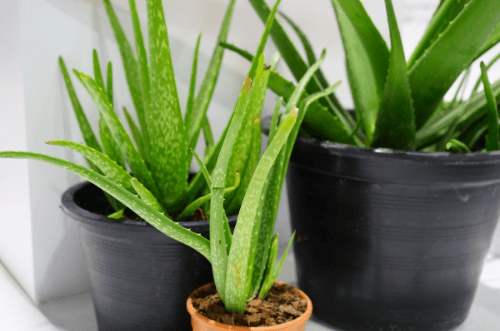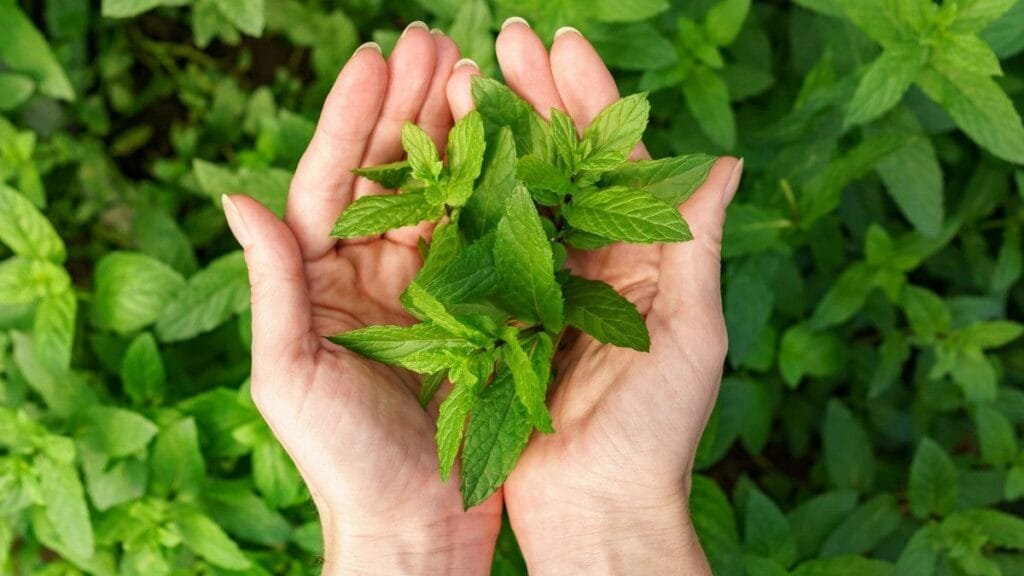Herbal remedies have been used for centuries in various cultures for their potential health benefits, and their importance continues to be recognized today. Here are several reasons why herbal medicine and plants are significant:
1. Natural Healing Properties
Herbal plants contain bioactive compounds that can help treat a variety of ailments. These compounds may include alkaloids, flavonoids, terpenoids, and antioxidants, which have medicinal properties. For example:
Turmeric (curcumin) is known for its anti-inflammatory and antioxidant effects.
Ginger is widely used to treat nausea, improve digestion, and reduce inflammation.
2. Alternative to Pharmaceutical Drugs
Herbal remedies can be used as an alternative or complement to conventional pharmaceuticals, especially for people seeking more natural treatment options. Many modern medicines are derived from plants (e.g., aspirin from willow bark), and herbal medicine offers an alternative that is less likely to cause side effects for some individuals.
3. Prevention and Wellness
Herbal plants are often used for preventive health, boosting the immune system, improving digestion, promoting heart health, and supporting overall well-being. For example:
Echinacea is commonly used to strengthen the immune system and prevent colds.
Green tea has antioxidants that may protect the body from oxidative stress and reduce the risk of chronic diseases.
4. Cultural and Traditional Significance
In many cultures, herbs are an integral part of traditional medicine. They are often passed down through generations and are closely linked to the history and spiritual practices of different communities. The knowledge and use of herbs are a cultural heritage in many regions around the world.
5. Low Cost and Accessibility
Herbs are often more affordable compared to pharmaceutical drugs, and many can be grown at home, making them more accessible. This makes them an appealing option for people in regions with limited access to modern healthcare or expensive medications.
6. Fewer Side Effects
While not without risks, herbal remedies are generally considered to have fewer side effects than many synthetic drugs, especially when used appropriately. However, it is important to note that herbal medicine should be used with caution, as some herbs can interact with prescription medications or cause adverse effects when not used properly.
7. Sustainability
Many herbal plants can be cultivated sustainably, making them an environmentally friendly option compared to the production of synthetic drugs. Additionally, some plants, like aloe vera and lavender, can be grown with minimal environmental impact.
8. Research and Modern Applications
Ongoing scientific research is increasingly focusing on herbal medicine to validate and understand its efficacy and safety. As a result, many herbs are gaining recognition in Western medicine. For example, CBD (cannabidiol), derived from hemp, is being studied for its potential therapeutic effects on pain, anxiety, and other conditions.
Conclusion
Herbal medicine plays a crucial role in modern healthcare by offering natural, cost-effective, and often safer alternatives to conventional drugs. Its continued use and the increasing interest in natural healing underscore its importance in maintaining health and wellness. However, using herbal remedies responsibly and consulting healthcare professionals when necessary is essentials ensure safety and effectiveness.








